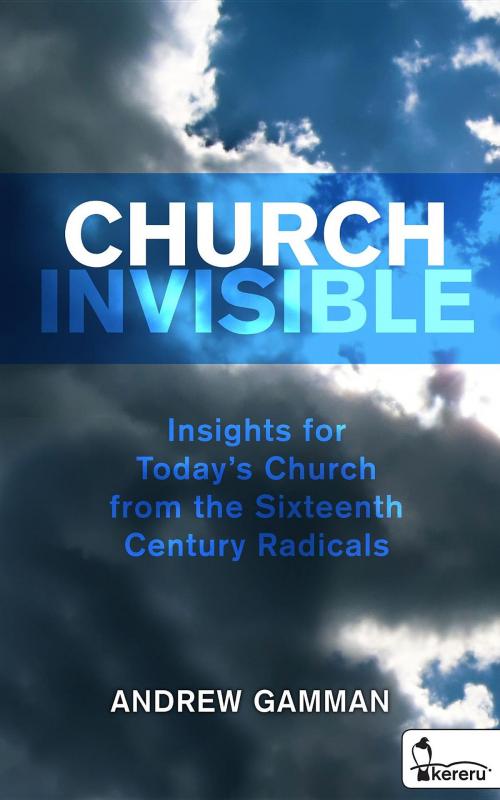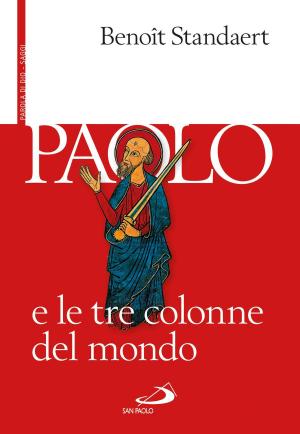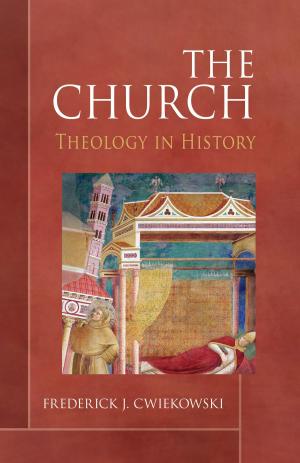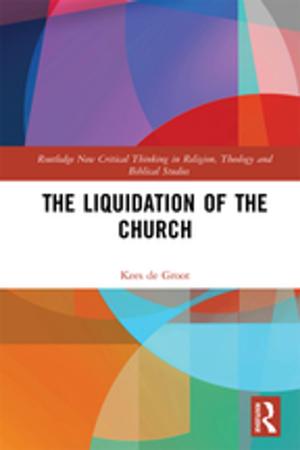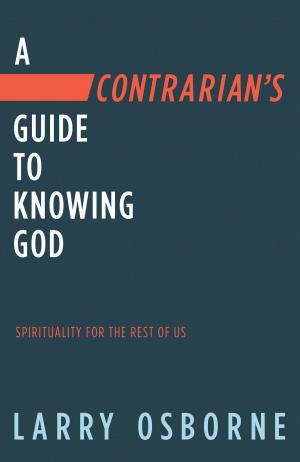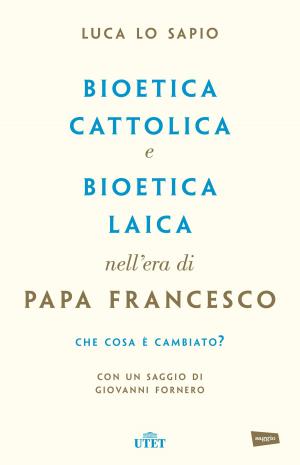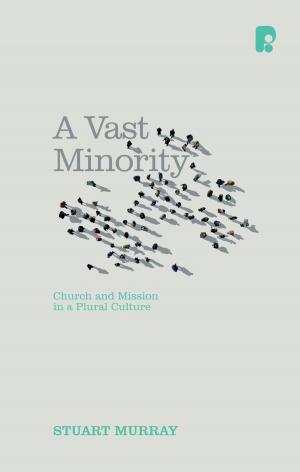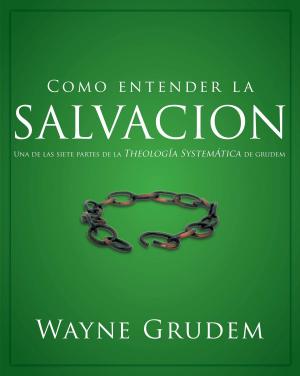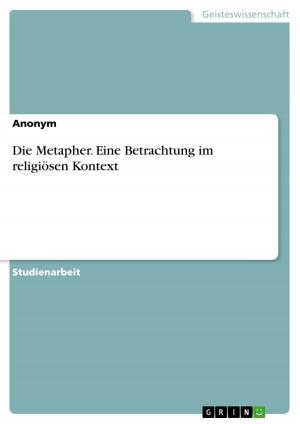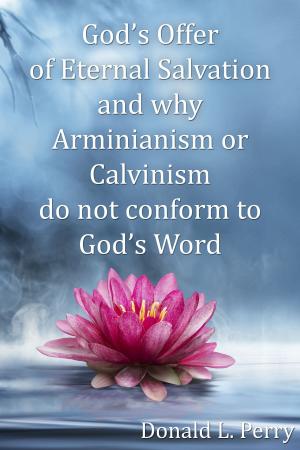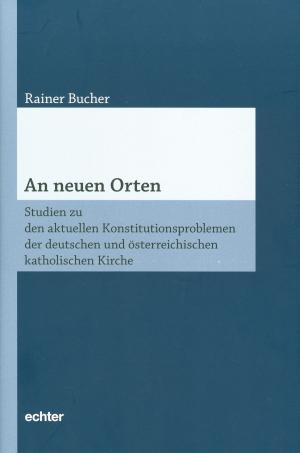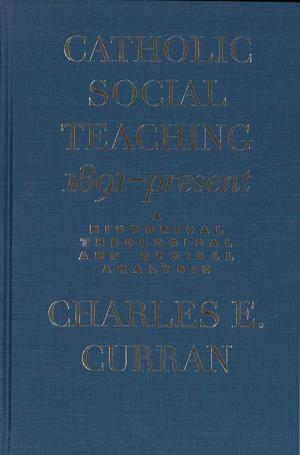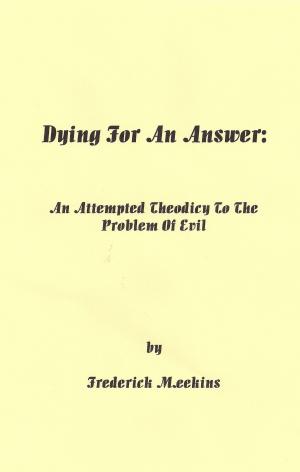Church Invisible
Insights for Today's Church from the Sixteenth Century Radicals
Nonfiction, Religion & Spirituality, Christianity, General Christianity, Theology| Author: | Gamman Andrew | ISBN: | 9780473263171 |
| Publisher: | Kereru Publishing Limited | Publication: | January 11, 2013 |
| Imprint: | Kereru Publishing Limited | Language: | English |
| Author: | Gamman Andrew |
| ISBN: | 9780473263171 |
| Publisher: | Kereru Publishing Limited |
| Publication: | January 11, 2013 |
| Imprint: | Kereru Publishing Limited |
| Language: | English |
We are living in a time in which we are seeing a rapid unravelling of institutional structures in western society and a re-alignment of values. The church is not faring well in this process. This book takes the form of an earthed and practical theology and asks the question ‘what is the church?’ Rather than a purely theoretical, or a purely pragmatic approach, it looks to the radical Reformers of the sixteenth century and finds there an emphasis on the church’s invisible realities and on community both of which have a relevance to the twenty-first century.
“In a day when the institutional Church is under question, not a few are eager to prescribe for what they perceive to be wrong. Andrew Gamman's book, however, is far from another set of nostrums, rather it is a reflection on places the Church has been before. From the ferment of debate about the nature of the Church in the 16th century, particularly within the radical wing of the Reformation, Andrew draws helpful insights and lessons that give pointers for the future."
Brian K. Smith, Professor Emeritus, Carey Baptist College, Auckland, New Zealand.
We are living in a time in which we are seeing a rapid unravelling of institutional structures in western society and a re-alignment of values. The church is not faring well in this process. This book takes the form of an earthed and practical theology and asks the question ‘what is the church?’ Rather than a purely theoretical, or a purely pragmatic approach, it looks to the radical Reformers of the sixteenth century and finds there an emphasis on the church’s invisible realities and on community both of which have a relevance to the twenty-first century.
“In a day when the institutional Church is under question, not a few are eager to prescribe for what they perceive to be wrong. Andrew Gamman's book, however, is far from another set of nostrums, rather it is a reflection on places the Church has been before. From the ferment of debate about the nature of the Church in the 16th century, particularly within the radical wing of the Reformation, Andrew draws helpful insights and lessons that give pointers for the future."
Brian K. Smith, Professor Emeritus, Carey Baptist College, Auckland, New Zealand.
